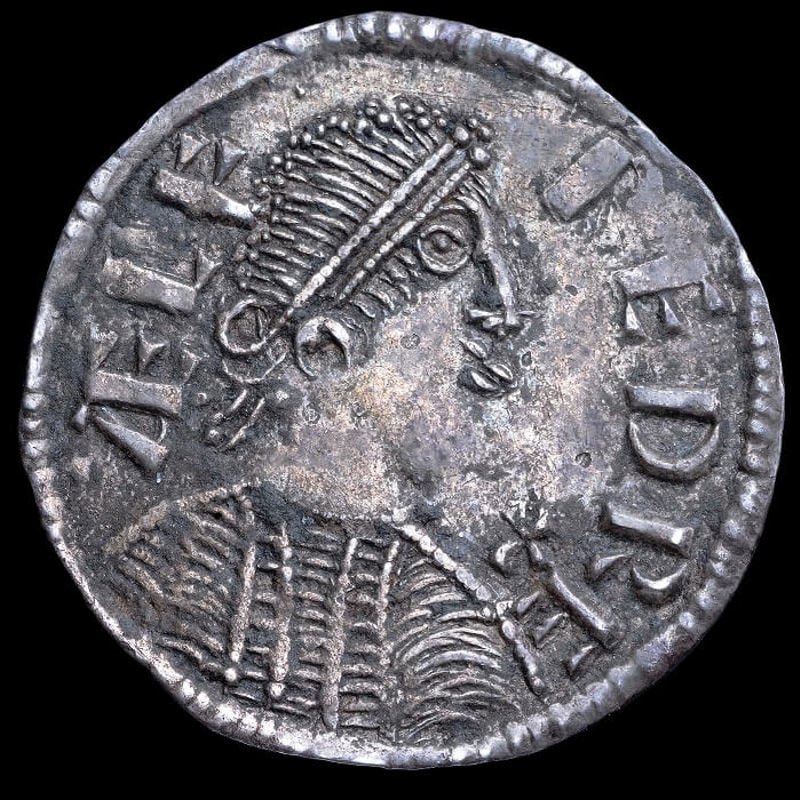History
The Royal Mint has evolved to become a sophisticated industrial concern operating today as a government company. The 1100 or so years of its existence track the history of Britain through its wars and political upheavals, its social and economic progress, its technological and scientific advances. Its history is in short woven into that of Britain itself.
Unlike institutions of more recent origin, it cannot be said that the Royal Mint was founded on a specific day in a particular year. What is known is that 1100 years ago, from the second half of the ninth century, there were reasonably robust conventions in place governing the making of coins. A glance at the uniform design of coins produced from this time is evidence of a controlling force and a deliberate policy.
As royal control over government grew during the next few hundred years, so greater structure was given to the body of men who were responsible for making the nation’s coinage. By the mid-13th century a clear organisational framework existed for the monarch’s mint in London consisting of a hierarchy of officers. From at least the 1270s there was also a known location within the Tower of London and the organisation became increasingly well established and formalised.
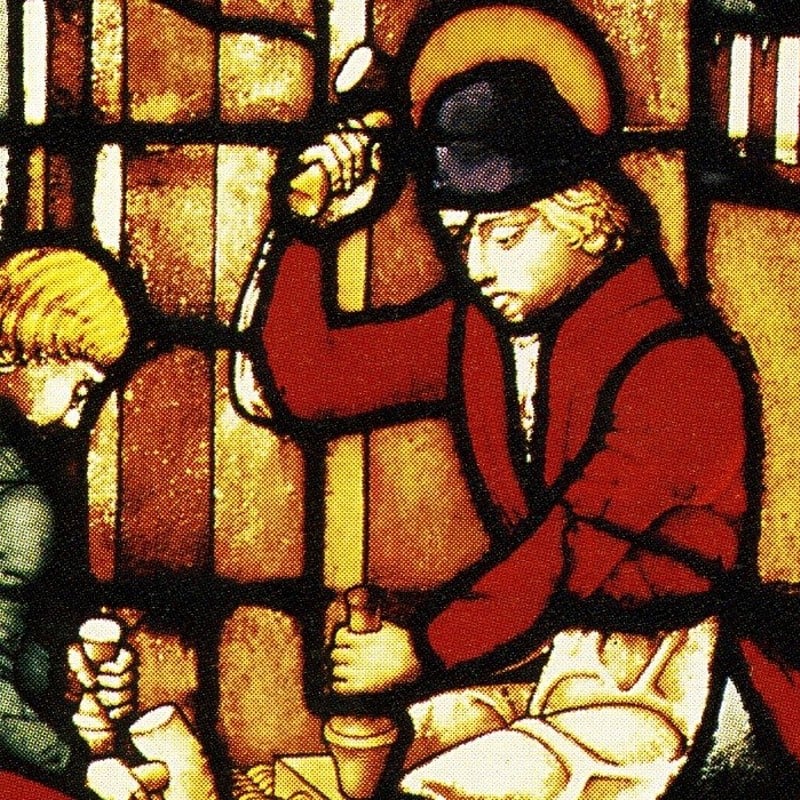
Making Money
The basic minting process of melting, casting, blanking and striking is essentially timeless.
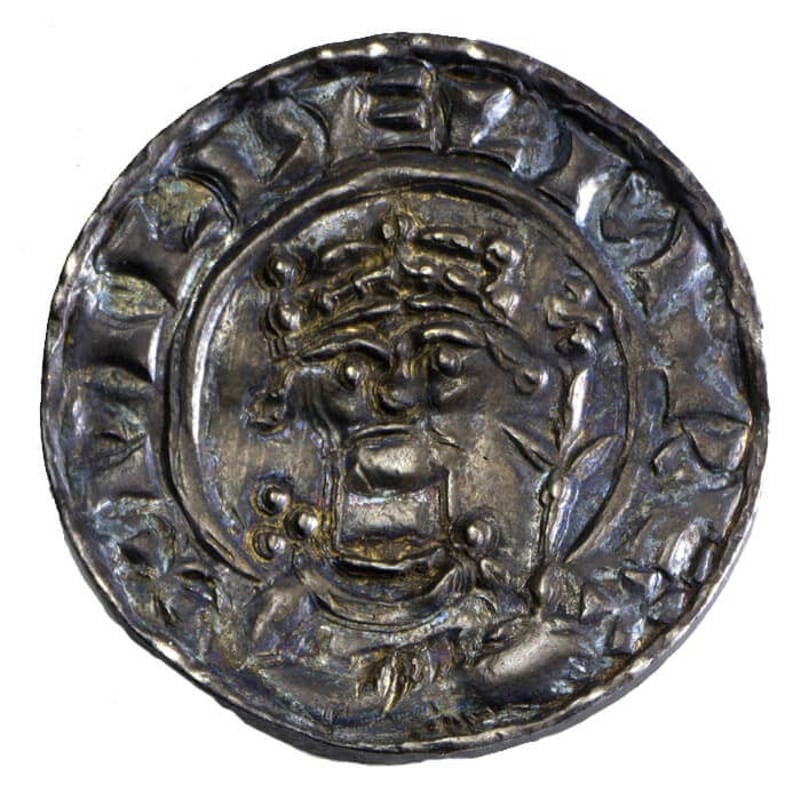
Pounds, Shillings and Pence
The pre-decimal currency system consisted of a pound of 20 shillings or 240 pence.
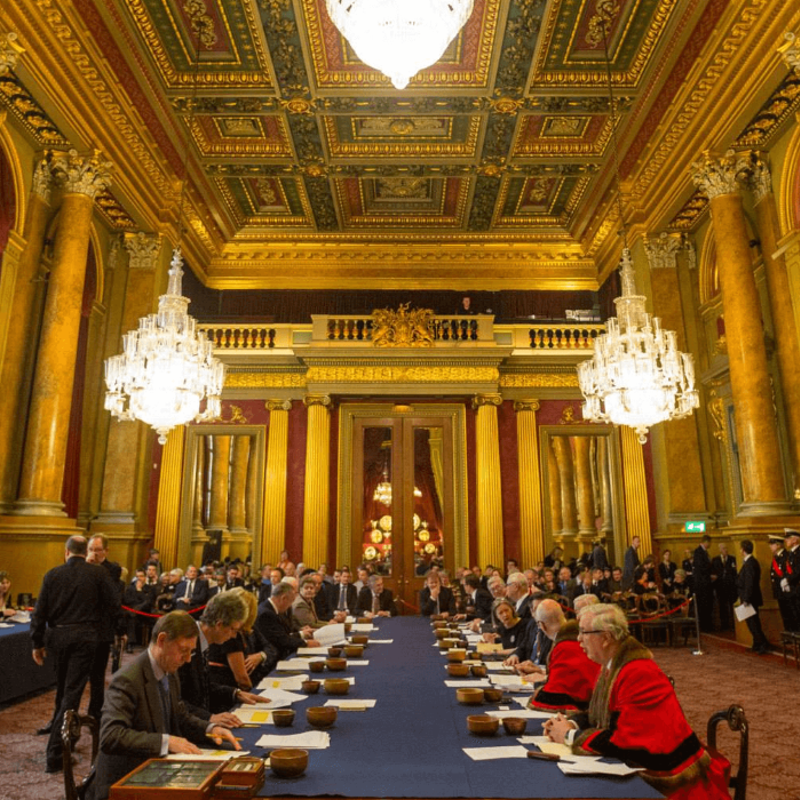
Trial of the Pyx
Since at least 1282, coins produced by the Royal Mint have been checked at the Trial of the Pyx.

The Royal Mint Coat of Arms
In 1978 a previously unnoticed draft Grant of Arms to the Royal Mint was discovered.
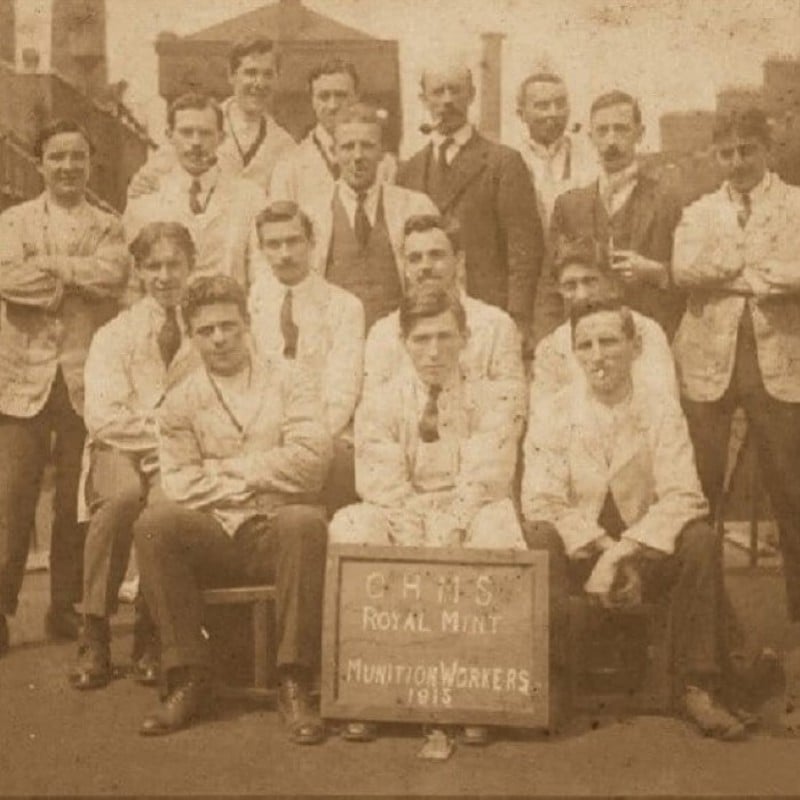
The Mint and the First World War
The Royal Mint could not - and did not - escape the massive impact of the First World War.
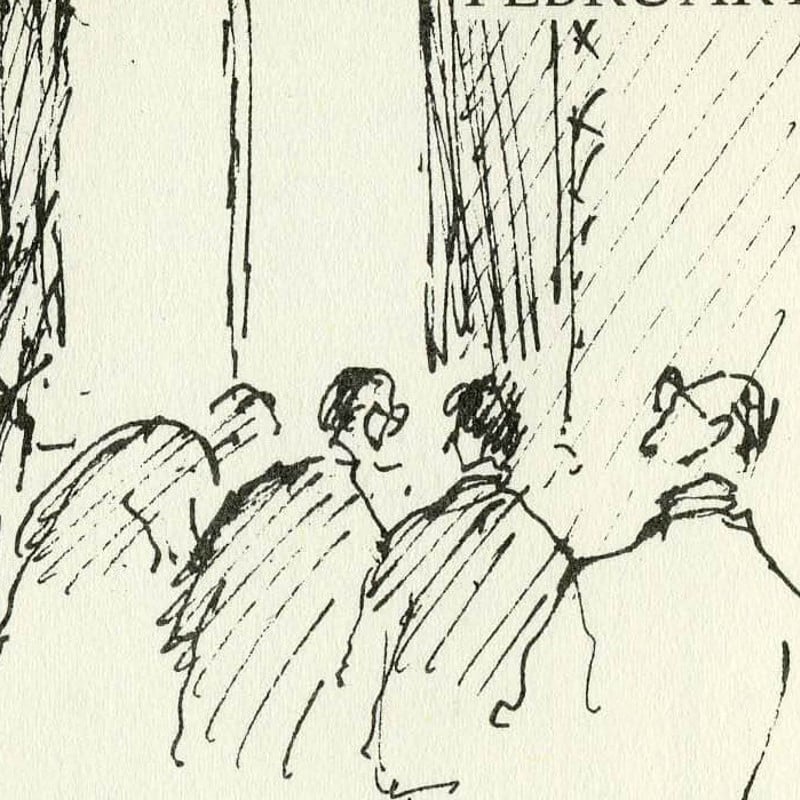
The Royal Mint Advisory Committee
The Committee was established in 1922 with the personal approval of George V.
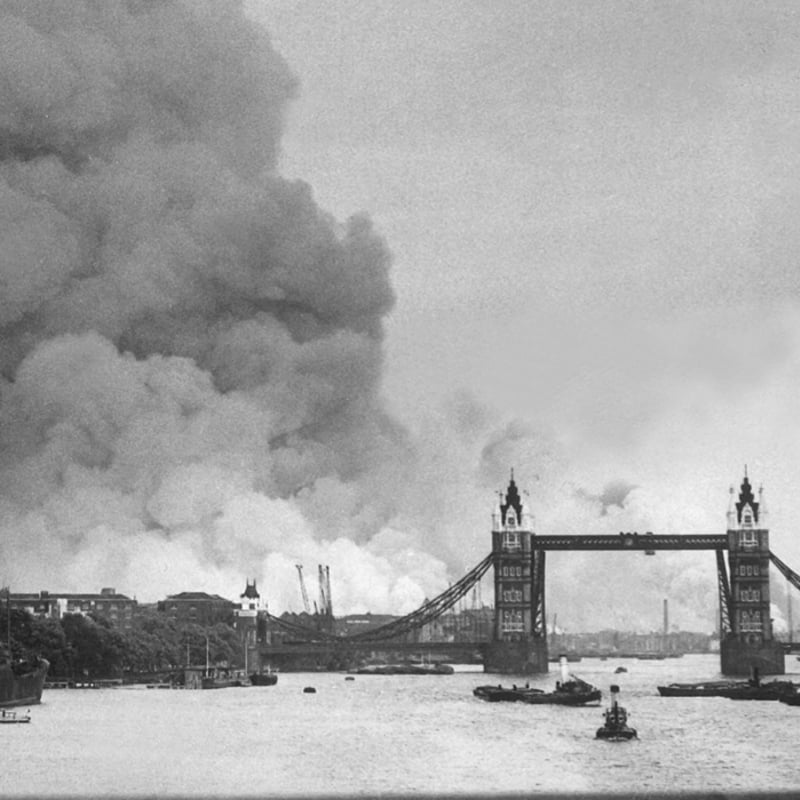
The Mint and the Second World War
It was a very tired and war weary Mint that celebrated the end of the Second World War
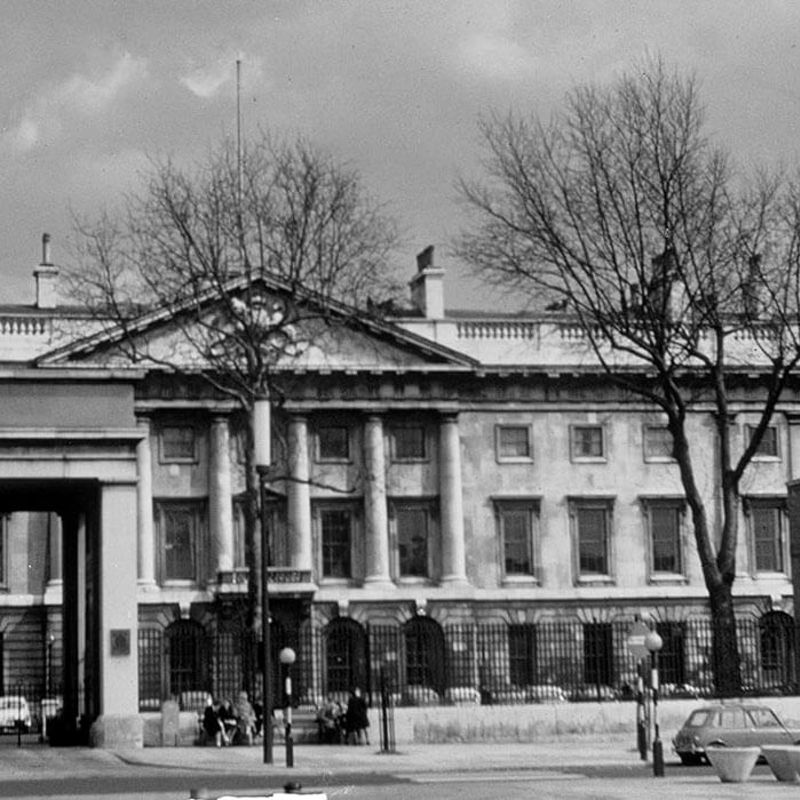
Era of change
The 30 years following the Second World War marked an era of great change for employees of the Royal Mint.
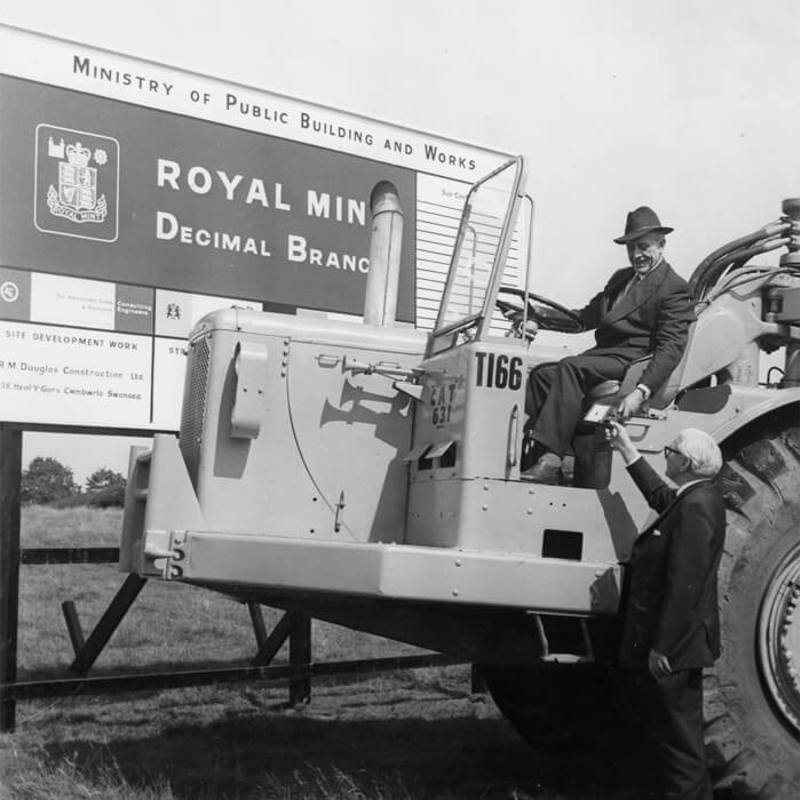
London to Llantrisant
Discover the fascinating story behind the Royal Mint’s move from London to Wales.
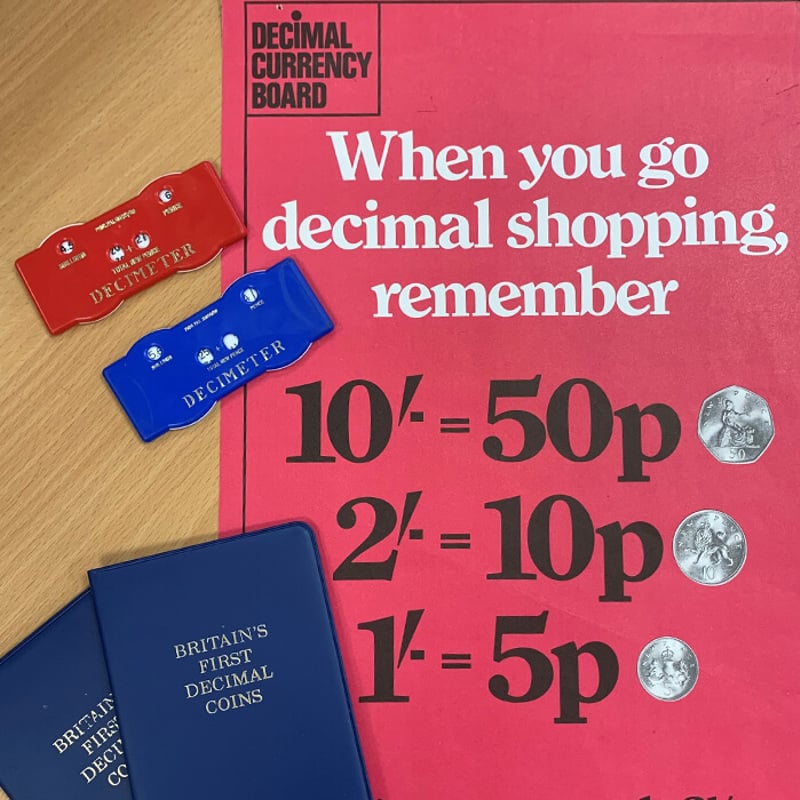
A history of decimalisation
Find out more about the monumental change from pounds, shillings and pence.


